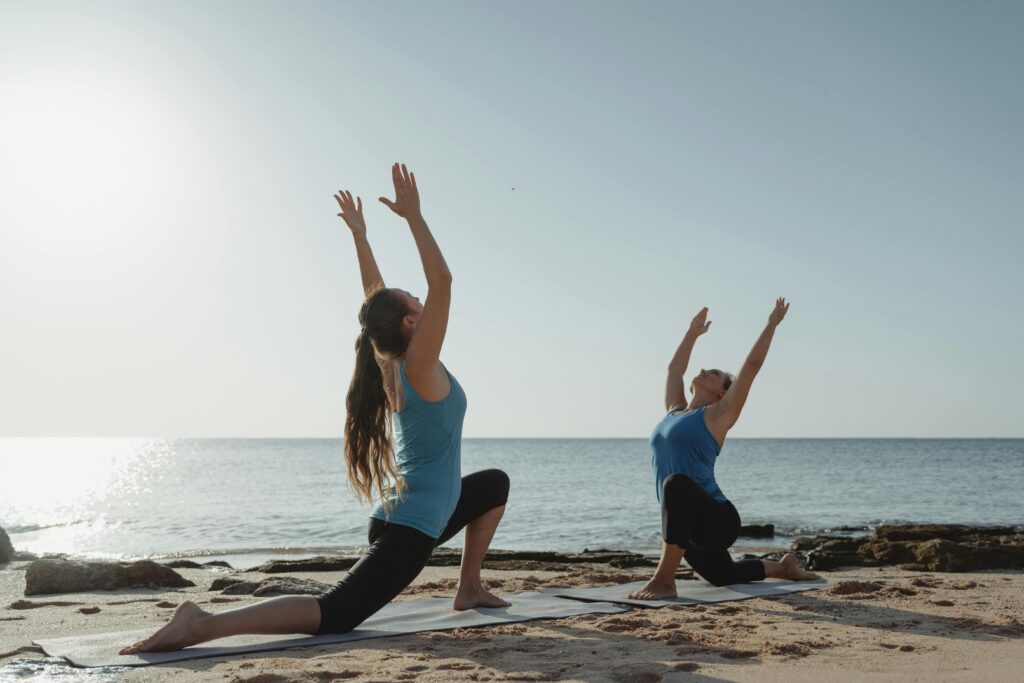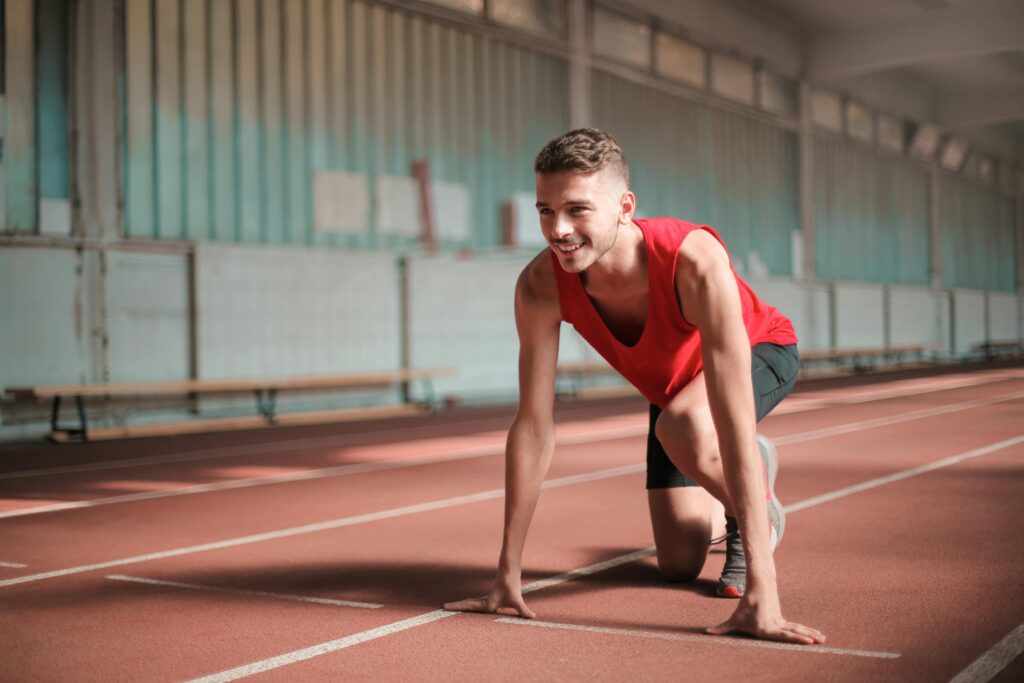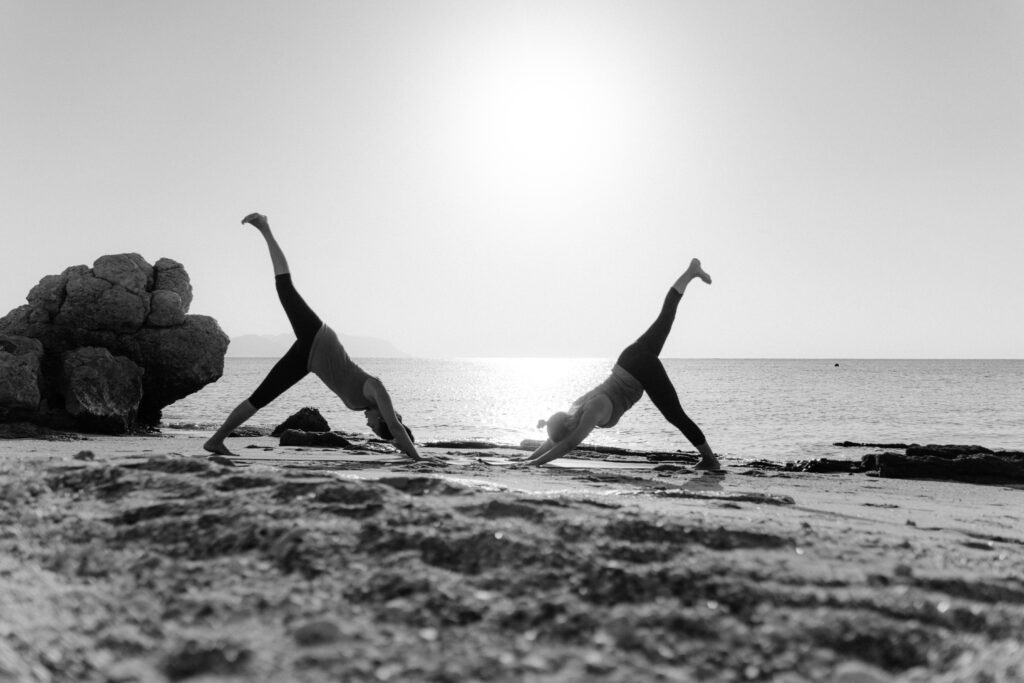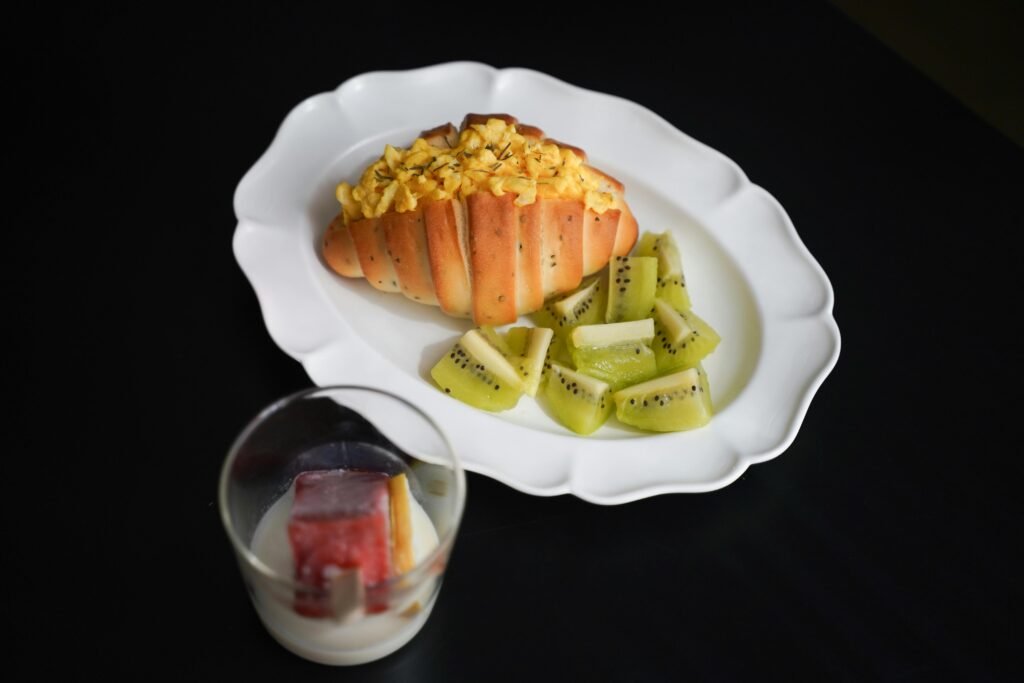Are you trying to figure out how to get the most out of your training regimen but don’t know where to begin? Nutrition is a great place to start.
Exercise and diet go hand in hand; healthy eating is crucial for boosting energy and developing strength. To increase the advantages of your training regimen.
Exercise and eating go hand in hand. How you feel after working out might be influenced by what and when you eat. Whether you’re training for a competition or just working out for fun, it’s crucial to consider what you consume when working out. Consider implementing these dietary and physical activity suggestions.

Use your experience as a guide.
Keep in mind that your exercise level and duration can influence how frequently and what you eat and drink. For instance, a marathon will require more energy from food than a few kilometers of running or walking.
Additionally, avoid adding any new products to your diet right before a long-lasting sporting event. To see how your system responds to the food, it is advisable to have tasted the products before to the event.
Everybody has distinct eating and activity habits. Thus, pay attention to how your diet affects your overall performance and how you feel during your workout.
Determine which eating patterns are most effective for you before and after exercise based on your personal experience. In order to adjust your diet for optimal performance, consider journaling about how your body responds to meals and snacks.
Understand how to stay hydrated.
Even a 2% decrease in bodily fluids can result in a 5% reduction in cognitive function and energy metabolism. Divide your weight by two to get how many ounces of water you require each day. For instance, you should consume at least 75 ounces of liquids daily if you weigh 150 pounds.
Generally speaking, you won’t experience thirst if you’re properly hydrated. Being thirsty is an indication that you aren’t drinking enough water. Pay attention to the color of your urine; the more hydrated you are, the lighter the yellow hue.

Good sources of hydration include water, seltzer, juices, sports nutrition drinks, 6–12 ounces of coffee or tea, and foods high in fluids, such as fruits and vegetables.
When exercising, hydration is influenced by several things. Make sure you’re eating enough sodium and carbohydrates. Remember that each person’s requirements for sodium and carbohydrates might differ significantly.
Try these five nutrition tips to help boost the benefits of your exercise routine.
1.Drink plenty of water.
Importance of Hydration:
Your body needs water more than any other nutrient. It aids in the transportation of nutrients, lubricates joints, and controls body temperature. Without enough water, you could feel exhausted, have less stamina, and perform worse.
Dehydration Symptoms:
- Dry throat and mouth
- Urine that is dark yellow
- Weariness or lightheadedness
- Decreased performance during exercise
If you notice these signs, it’s time your body needs more fluids.

2.Prioritize Pre-Workout Nutrition
A pre-exercise meal can assist avoid muscle breakdown while providing the energy required for a successful workout.
Whether you’re doing endurance, cardio, or strength training, eating the correct foods before working out guarantees your body has the energy it needs to function at its peak.
The ideal window of time for pre-workout snacks and meals
- 30 to 60 minutes prior to your workout, have a modest snack.
- Eat a heavier lunch two to three hours before to working out.
Recommended pre-exercise foods
- Fruit-flavored yogurt
- Bread made with whole grains and peanut butter
- A berry and protein powder smoothie
- Dehydrated fruit
- Vegetables and grilled chicken
3.Nutrition After Exercise
Nutrition after exercise is essential for recuperation. After working out, eating aids in muscle regeneration, rehydration, and the replenishment of glycogen stores.
The ideal period of time after working out
Within 30 to 60 minutes of working out, eat a meal that blends carbohydrates and protein. Energy restoration and efficient muscle recovery are facilitated by this equilibrium.
Examples of snacks or meals to have after working out
- Smoothie with spinach, banana, and protein powder (fast digestion)
- Vegetables and brown rice with chicken breast
- Pineapple with cottage cheese

4.Have a nutritious breakfast.
Get up early enough to consume your meal at least an hour before working out if you do it in the morning. Be well-rested before working out.
According to studies, consuming carbohydrates before working out may improve your performance. Additionally, the carbohydrates can enable you to exercise more intensely or for longer periods of time. When you workout without eating, you may feel sluggish or dizzy.
Eat a light breakfast if you intend to work out within an hour. Or sip on a sports beverage. For the most energy, concentrate on carbs.
Excellent options for breakfast include:
- Bread or whole-grain cereals.
- Milk with less fat.
- Juice.
- A banana.
- Yogurt.
Additionally, it’s generally acceptable to consume a cup of coffee prior to working out if you typically have it in the morning. Additionally, be aware that you run the chance of experiencing stomach distress if you consume a food or beverage for the first time prior to working out.

5.Remember to include functional substances, phytochemicals, micronutrients, and rest.
Those who engage in high-intensity activity and women are more likely to suffer from iron deficiency. It’s possible that iron is best absorbed in the morning and right after exercise.
To optimize absorption, make sure to combine vitamin C with foods high in iron, such as leafy green vegetables and dark greens.Vitamin D is another mineral to pay attention to because it supports healthy hormones, immunity, bone health, and muscle function.
Omega-3 fatty acids, which are found in walnuts, salmon, and cod, are beneficial for heart health, brain and immunological function, and muscle rehabilitation.
These could have a range of effects on your workout:
- Caffeine may enhance mental clarity, focus, and muscle strength and power. Caffeine’s effects peak approximately an hour after ingestion. To maximize your performance, you might want to abstain from caffeine for five to two weeks prior to a race, competition, or other event.
- Muscle strength, endurance, recuperation, mental well-being, and cognitive function may all be enhanced by creatine.
- Joint health may benefit from collagen.

Are you prepared to step up your training?
Getting the most out of your workouts involves more than just pushing yourself; it also involves eating a balanced diet. Our knowledgeable nutritionists at Gold Gym Nepal provide a customized diet plan that precisely matches your fitness objectives. Come see us now to begin your path to physical well-being.
Being in a calorie deficit results in weight reduction and changes in body composition. You will lose weight if you calculate how many calories you burn each day and eat less than you burn.
Be careful not to starve yourself and keep in mind that “sustainable” growth takes time. Don’t waste time and energy criticizing yourself if you’re having a bad day! Simply return the following day. Make progress rather than strive for perfection.
You’ll learn it more quickly than you might imagine if you take things one day at a time. Contact your coaches at CrossFit CSA if you require any extra assistance or direction, and we would be pleased to assist you!